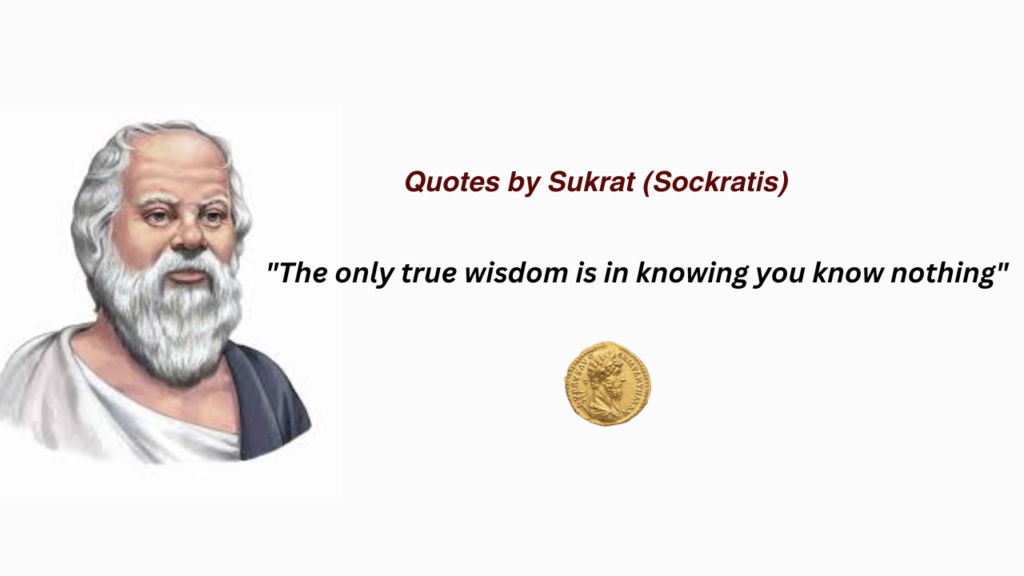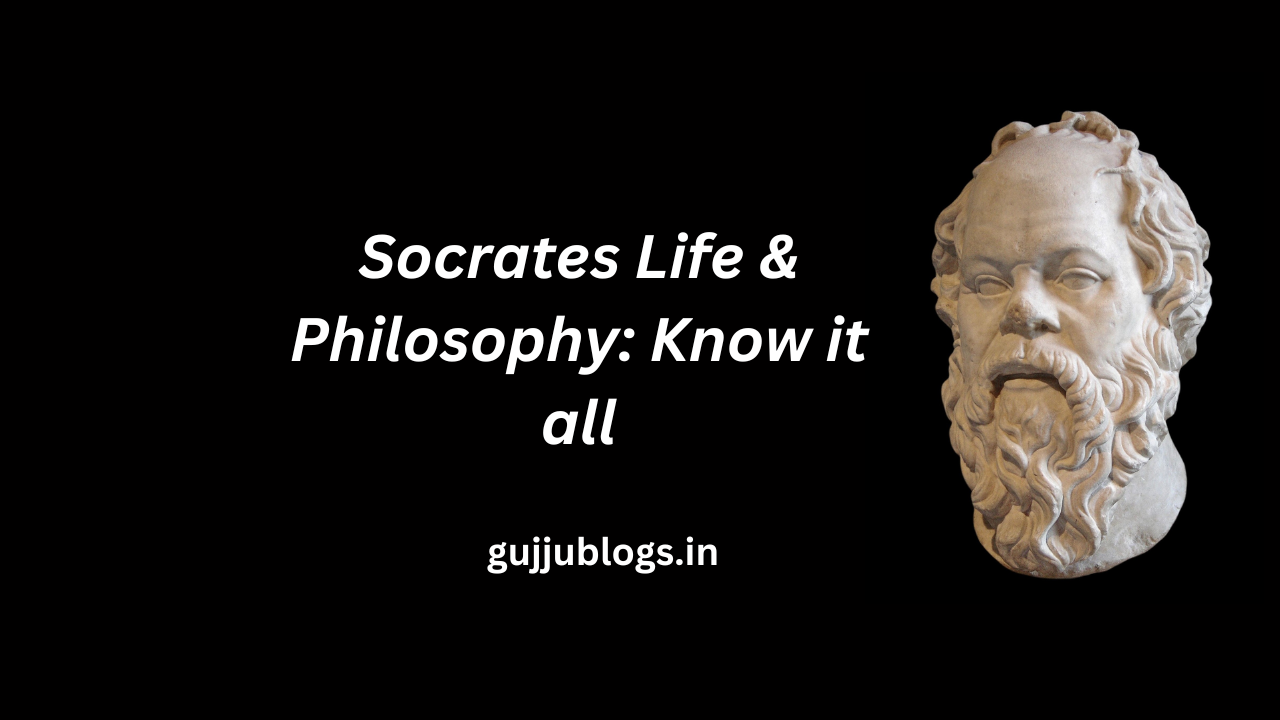Sukrat (Socrates), the renowned ancient Greek philosopher, was born around 470 BCE in Athens and left an indelible mark on Classical antiquity and Western philosophy. Despite facing public backlash and criticism, his way of life, character, and profound thoughts continue to influence generations of philosophers and thinkers.
Literary Works of Sukrat (Socrates):
Sukrat (Socrates) did not leave behind any written works of his own. However, his philosophical ideas and teachings were passed down through the writings of his students, notably Plato and Xenophon. These dialogues and accounts offer us valuable insights into his philosophical inquiries and method of questioning.
Philosophy of Sukrat (Socrates):
Sukrat’s (Socrates) philosophical method revolved around the concept of elenchus, or the Socratic method, a form of cooperative argumentative dialogue aimed at stimulating critical thinking and illuminating ideas. He believed in the pursuit of truth and self-knowledge through questioning assumptions and exploring the foundations of moral and ethical principles.
In his famous statement, “I know that I know nothing,” Sukrat (Socrates) emphasized the importance of humility and intellectual humility in the pursuit of knowledge. His teachings urged individuals to question their beliefs and examine their own ignorance, paving the way for intellectual growth and self-discovery.
Life and personality of Socrates
Although the sources provide only a small amount of information about the life and personality of Socrates, a unique and vivid picture of him shines through, particularly in some of the works of Plato. We know the names of his father, Sophroniscus (probably a stonemason), his mother, Phaenarete, and his wife, Xanthippe, and we know that he had three sons. In Plato’s Theaetetus, Socrates likens his way of philosophizing to the occupation of his mother, who was a midwife: not pregnant with ideas himself, he assists others with the delivery of their ideas, though they are often stillborn. With a snub nose and bulging eyes, which made him always appear to be staring, he was unattractive by conventional standards.
He served as a hoplite (a heavily armed soldier) in the Athenian army and fought bravely in several important battles. Unlike many of the thinkers of his time, he did not travel to other cities in order to pursue his intellectual interests.
Although he did not seek high office, did not regularly attend meetings of the Athenian Assembly (Ecclesia), the city’s principal governing body (as was his privilege as an adult male citizen), and was not active in any political faction, he discharged his duties as a citizen, which included not only military service but occasional membership in the Council of Five Hundred, which prepared the Assembly’s agenda. Socrates’ life and character were marked by a commitment to philosophical inquiry and civic duty, creating a lasting legacy that continues to influence philosophical and ethical discussions to this day.
Public Hatred for Sukrat (Socrates):
Despite his noble intentions and philosophical contributions, Sukrat (Socrates) faced public scrutiny and hatred in Athens. His relentless questioning of traditional beliefs, exposure of ignorance, and association with controversial figures led to accusations of impiety and corrupting the youth.
The trial of Sukrat (Socrates) in 399 BCE on charges of impiety and corrupting the youth culminated in his sentencing to death by drinking hemlock. This unjust verdict marked a dark chapter in the history of philosophy, highlighting the challenges and resistance faced by those who dared to challenge societal norms and orthodoxies.

Socrates Quotes:
- “The only true wisdom is in knowing you know nothing.”
- “An unexamined life is not worth living.”
- “I cannot teach anybody anything. I can only make them think.”
Conclusion
In conclusion, Sukrat (Socrates) remains a towering figure in the annals of philosophy, revered for his commitment to truth, intellectual inquiry, and moral integrity. Despite the adversities he faced, his legacy endures as a guiding light for seekers of wisdom and truth in the complex tapestry of human existence.
